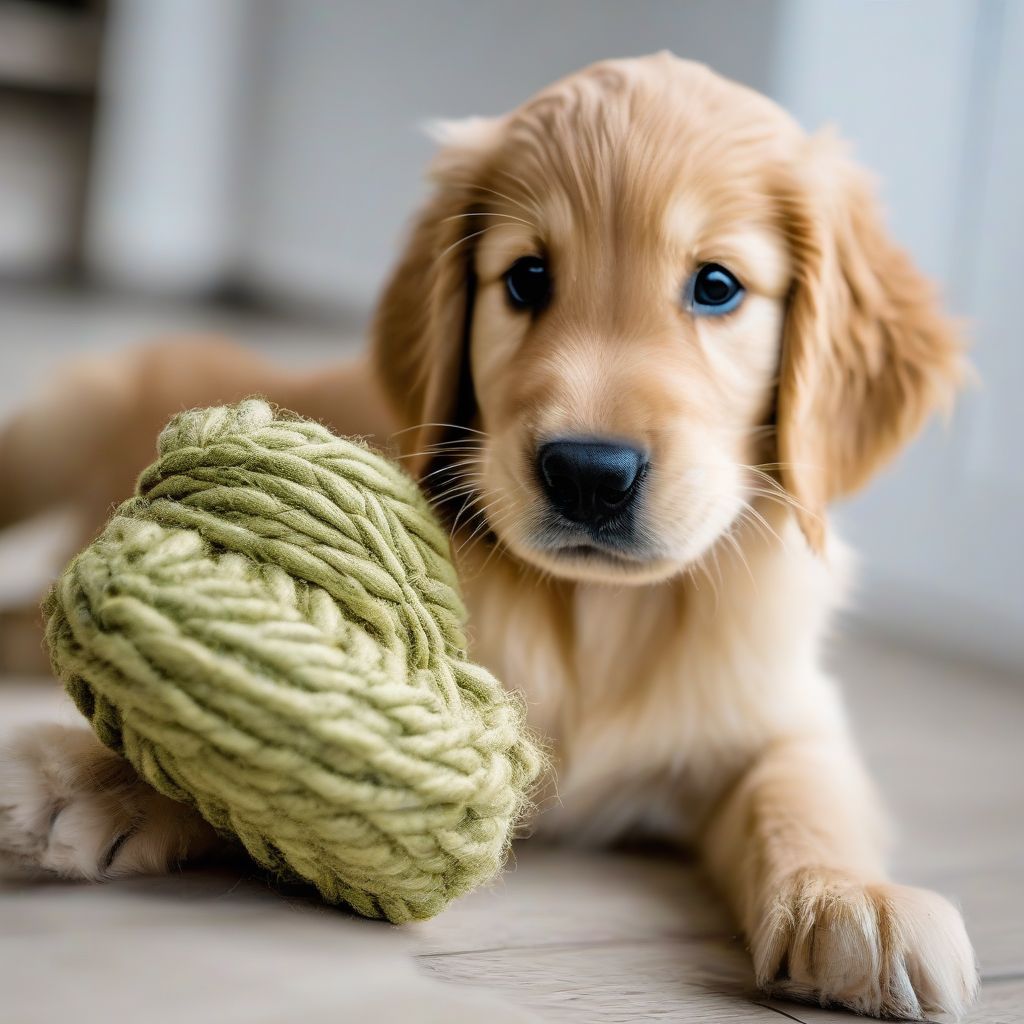As a nutritionist and meal prep coach, I’m passionate about healthy living, and that includes our furry friends! We all love our pets and want the best for them, and surprisingly, small changes in our pet care routines can make a big difference for their health and the planet. Intrigued? Let’s explore simple yet effective ways to make your pet care routine eco-friendlier.
Eco-Friendly Pet Supplies: Choosing Wisely
Believe it or not, your pet supply choices can have a big environmental impact. Here’s how to make greener choices:
Sustainable Toys: Fun That Doesn’t Cost the Earth
- Opt for durable toys: Choose toys made from natural, durable materials like bamboo, hemp, or organic cotton. These last longer, reducing waste.
- Look for recycled materials: Many brands now offer toys made from recycled plastic or rubber, giving materials a second life.
- DIY enrichment toys: Get crafty! Repurpose old t-shirts into tug toys or hide treats in cardboard boxes for hours of entertainment.
 Eco-Friendly Dog Toys
Eco-Friendly Dog Toys
Bedding and Beyond: Cozy and Conscious Choices
- Biodegradable poop bags: Ditch the plastic and opt for biodegradable poop bags made from cornstarch or other plant-based materials.
- Natural bedding options: Choose pet beds made from natural and organic materials like hemp, organic cotton, or bamboo.
- Washable bedding: Opt for machine-washable beds and blankets to minimize waste and keep things fresh.
Feeding Time: Nourishing Your Pet and the Planet
Your pet’s diet offers a significant opportunity to embrace green practices:
Sustainable Food Choices:
- Consider sustainable pet food brands: Look for brands that prioritize sustainably sourced ingredients, reduced packaging, and ethical practices.
- Explore insect-based protein: Insect protein is a highly sustainable and nutritious alternative to traditional protein sources.
- Choose high-quality food: High-quality food often means better digestibility, resulting in less waste and smaller poop piles.
Responsible Feeding Practices:
- Portion control: Follow feeding guidelines on pet food labels to avoid overfeeding and minimize food waste.
- Compost food scraps: If you feed your pet fresh food, compost any scraps to reduce your environmental footprint.
- Avoid single-use bowls: Opt for durable, reusable food and water bowls instead of disposable ones.
 Sustainable Pet Food Options
Sustainable Pet Food Options
[amazon bestseller=”sustainable pet food”]
Grooming with Care: Gentle on Your Pet, Gentle on the Planet
Even your pet’s grooming routine can be made eco-friendlier:
Natural Grooming Products:
- Choose biodegradable shampoos and conditioners: Opt for products free from harsh chemicals, artificial fragrances, and parabens.
- DIY grooming treats: Whip up homemade treats using natural ingredients like peanut butter, oats, and bananas.
- Make your own pet wipes: Use a simple solution of water and apple cider vinegar for a chemical-free way to clean paws and fur.
Water-Wise Washing:
- Bathe your pet less frequently: Unless your pet has specific skin conditions, frequent bathing isn’t always necessary.
- Use a water-efficient showerhead: When bathing your pet, use a low-flow showerhead to conserve water.
- Collect and reuse water: If possible, collect the water used during bath time to water your plants.
Waste Management: Reducing Your Paw-print
Responsible pet waste disposal is crucial for a greener lifestyle:
Biodegradable Poop Bags:
- Always use biodegradable poop bags: As mentioned earlier, ditch the plastic bags and choose biodegradable options.
- Dispose of bags properly: Even biodegradable bags need to be disposed of correctly, so make sure they end up in a compost bin or designated waste receptacle.
Litter Box Alternatives:
- Consider alternative cat litter: Explore options like recycled paper litter, pine pellets, or even wheat-based litter.
- Compost cat waste (with caution): Cat waste can be composted under specific conditions, but consult guidelines to ensure safe composting practices.
Getting Active: Green Exercise for Happy Pets
Exercise is vital for your pet’s physical and mental well-being, and you can make it eco-friendly:
Eco-Friendly Walks and Adventures:
- Choose reusable poop bag holders: Ditch the disposable plastic bags and opt for reusable holders made from recycled materials.
- Pick up litter on walks: Be a responsible pet owner and pick up any trash you encounter on your walks.
- Explore local parks and trails: Opt for off-leash parks and trails to minimize your carbon footprint while maximizing your pet’s exercise.
Responsible Pet Ownership: The Biggest Impact
Ultimately, the most significant impact comes from being a responsible pet owner:
Spay and Neuter:
- Spay or neuter your pet: Help control the pet population and reduce the number of animals in shelters.
Adopt, Don’t Shop:
- Give a shelter pet a forever home: Consider adopting a pet from a shelter or rescue organization instead of buying from a breeder.
 Adopting a Shelter Pet
Adopting a Shelter Pet
Advocate for Change:
- Support eco-conscious businesses: Support businesses that prioritize sustainability and environmentally friendly practices.
- Spread the word: Share your knowledge about green pet care with friends, family, and fellow pet owners.
Conclusion: Small Changes, Big Impact
Integrating green pet care tips into your daily routine doesn’t require drastic measures. By making conscious choices and incorporating sustainable practices, you can reduce your environmental impact while providing the best care for your furry companion. Remember, every small step counts, and together, we can create a healthier planet for ourselves, our pets, and future generations.
What are your favorite ways to make your pet care routine more eco-friendly? Share your tips and experiences in the comments below! Let’s inspire each other to be the best pet parents we can be!
